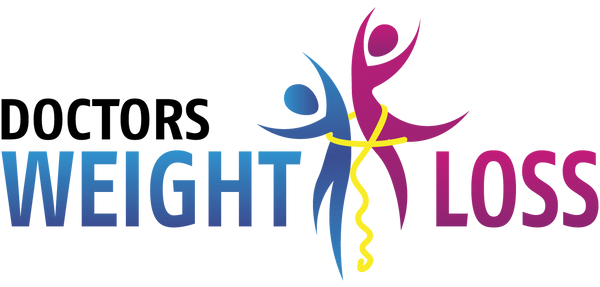The idea of counting calories is relatively new. Although some people may think that dieters have been doing this for centuries, the habit didn't become popular until mid-1900's. Rumor has it that during that period, there was a scientist who shoved food into a machine named the bomb calorimeter and started to burn it. He noticed that he was able to quantify how much energy the food released. By calculating how much ash and heat it took to release the energy, he figured out how much theoretical "energy" was inside the food. And so here we are (decades later) "counting calories" - because when the bomb calorimeter concept took off, everyone figured that they could also calculate how many calories they ate and how many they "burned" during their day.
Since then, medical research has fundamentally transformed. We no longer need a machine to tell us how to lose weight but the question still remains… should you count calories when dieting? Unfortunately, the answer is not a simple "yes" or "no". We all think of weight in calories. We understand that there are 3,500 calories in one pound, which means if you want to lose 5lbs; you would need to burn 17,500 calories. That number is more overwhelming than it appears. The problem with that number, however, is that when you're dieting you want to lose 3,500 calories of fat in order to lose weight. Fat in foods is measured in grams. While protein and carbs have about four calories per gram, fat contains 9 calories per gram.
Dieting shouldn't have to feel like a long-term algebra equation
Yes, we're tired of all these numbers. That's why there are pros and cons to counting calories when dieting. Many dieticians suggest keeping your daily calorie intake at 1,500 if you're a woman and about 2,000 if you're a man. In general, losing weight is not so much about the calories. If you're transitioning over to a healthier lifestyle and changing your eating habits, counting calories for the rest of your life will become daunting. When dieting, focus on the types of foods you're eating. Eating more calories doesn't necessarily mean weight gain because consuming 400 calories in fiber isn't the same as 400 calories of fat. And we hate to break it to everyone, but many labels misguide users because by law: labels are allowed a 20% margin of error on the nutrition facts section.
We don't all absorb calories the same way. Some people are more sensitive to carbs while others are more sensitive to sugars.
Forget about the math and counting calories, here are some simple tips:
- Set a weight loss goal
- Go over all the nutritional foods your body needs - not the ones it wants
- Observe how your body behaves when you eat particular foods
- Engage in a few physical activities during the week
- Drink plenty of water
- Stick to healthy snacks.
If you follow these guidelines, you will start seeing a difference in your appearance. Remember that the number on the scale doesn't always reflect what you look like. You can have a healthy and fit 140lb body that fits in skinny jeans well; while someone else can have an unhealthy 130lb body with love handles, and may even appear larger than someone who weighs more.
Bottom line: eat healthily, forget the calories, stay positive, stay healthy, and stay happy!






